
8 Surprising Everyday Uses for Blockchain Technology
Kirsten Pike, a professional writer specializing in mobile and computing technology, takes a look at the promising uses for blockchain technology in our everyday life.
Stay ahead of the crypto curve with in‑depth coverage of the digital‑asset ecosystem. Here you’ll find the latest on new coin launches, regulatory shifts, wallet innovations and market movements across major chains. Whether you’re a seasoned trader or just exploring the space, our timely updates offer clarity on the crypto universe’s fast‑evolving landscape.

Kirsten Pike, a professional writer specializing in mobile and computing technology, takes a look at the promising uses for blockchain technology in our everyday life.

Despite joining the exchange, Blockspring will continue to operate for current and new customers as they always have.

The so-called Unit-e, developed by the researchers, is cryptocurrency able to process 10,000 transactions per second. It is set to launch in the second half of this year.
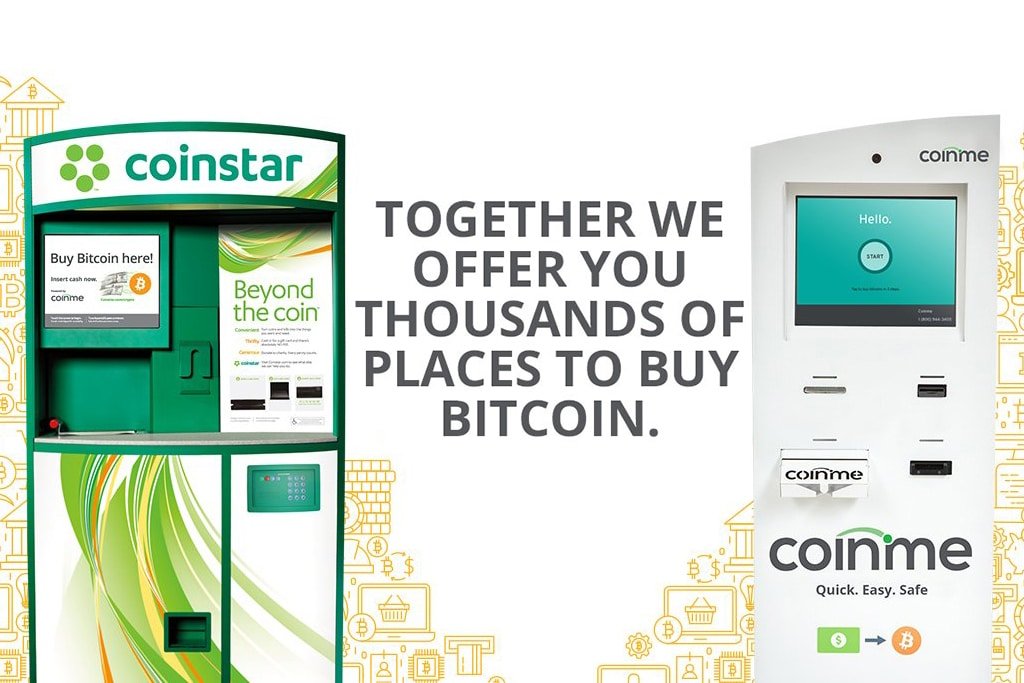
Coinme in collaboration with Coinstar have decided to offer U.S. consumers a possibility to buy Bitcoin at kiosks located at grocery stores.
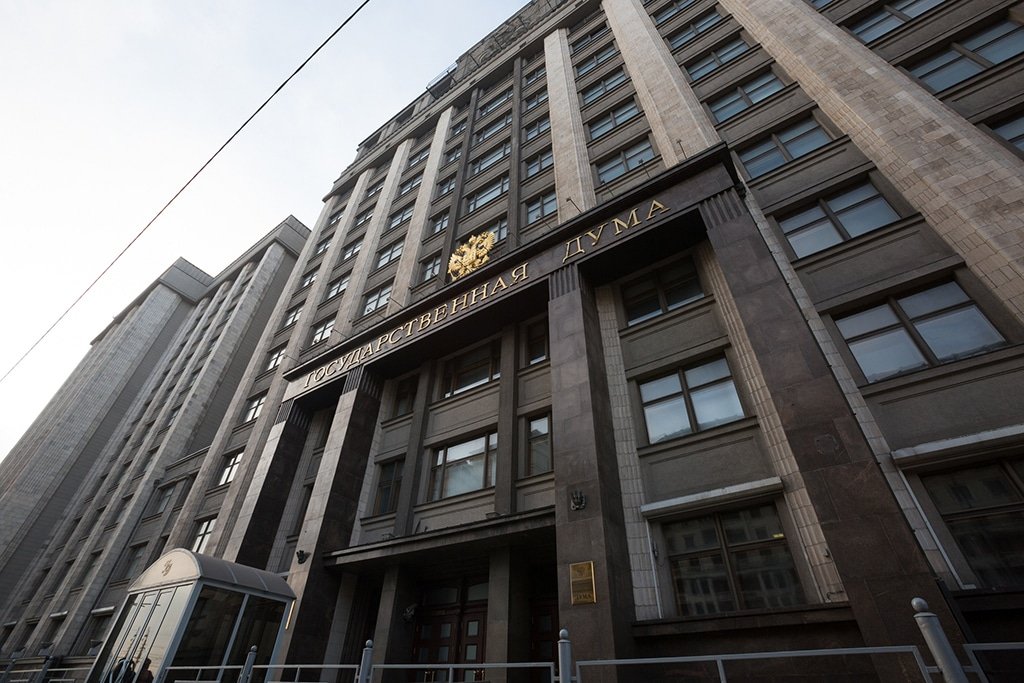
It’s finally clear. Russia is not planning to buy $10 billion in Bitcoin. A rumour had recently surfaced suggesting that the Russian government was planning to purchase Bitcoins worth $10B this quarter but a Russian official has shot it down quite vehemently.

In case the bulls gather momentum and break up the supply zone of $0.050 Cardano will resume its uptrend and may have its target at $0.058 supply zone.

Brad Garlinghouse, the CEO of Ripple, declines any possibility of Ripple’s and XRP’s hostile takeover. The rumors can be officially considered refuted.
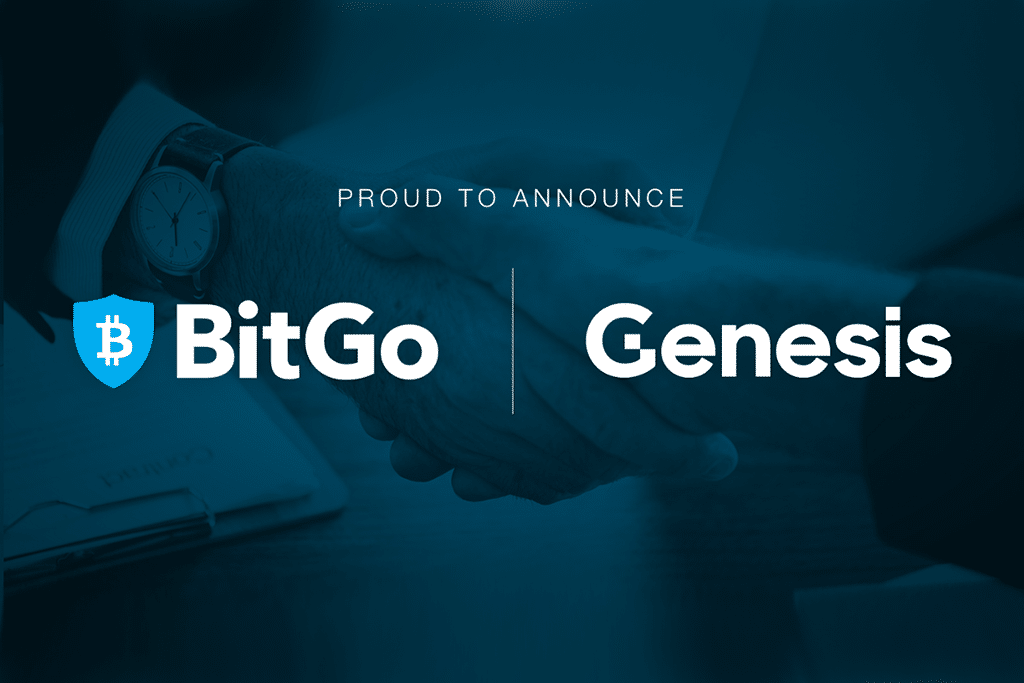
Owing to a recently signed partnership between blockchain custodian BitGo and over-the-counter exchange Genesis, there is no need to lose time transferring your crypto-assets from a cold wallet to the exchange as you can trade directly from BitGo.
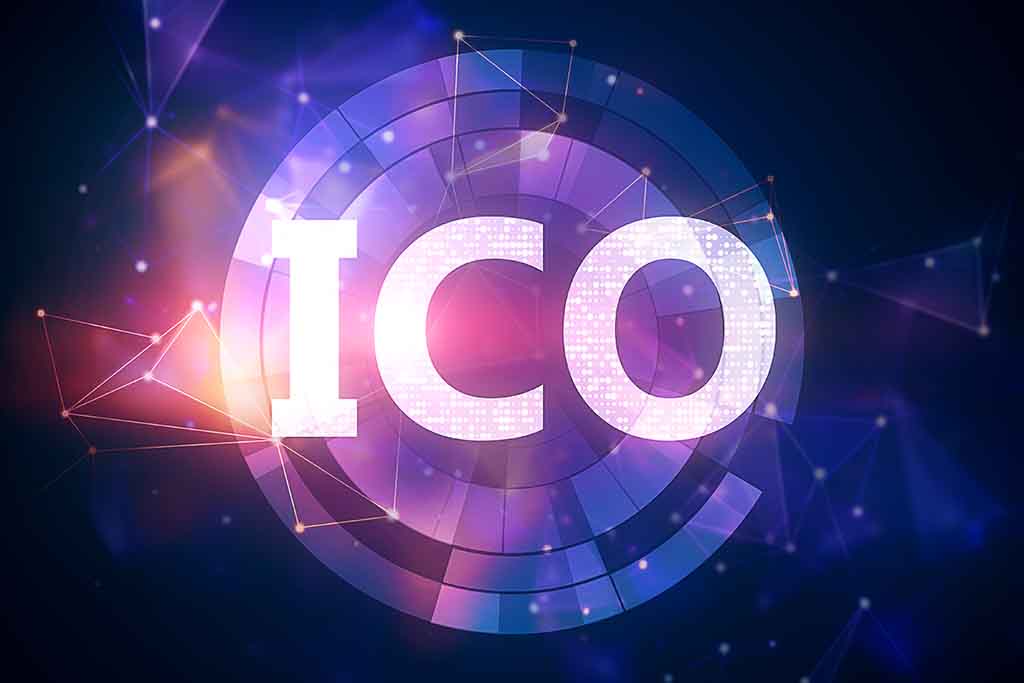
Karnika E. Yashwant, crypto expert and ICO advisor, introduces reaction piece to the Forbes’ ICO report that not all ICOs are dead but some with service and utility tokens – or protocol assets not designed for monetary exchange – are showing life.
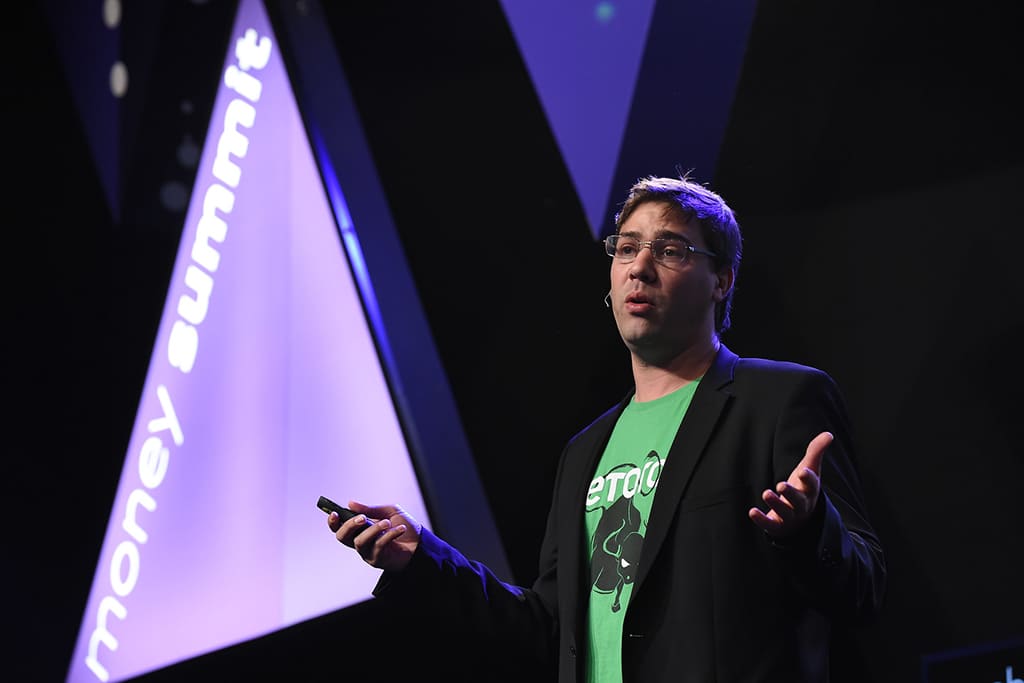
As the markets remain volatile and financial uncertainty looms, projects like GoodDollar, that is experimenting how decentralised cryptocurrencies and blockchain tech may enable UBI-based models, could revolutionise how money is distributed at scale.
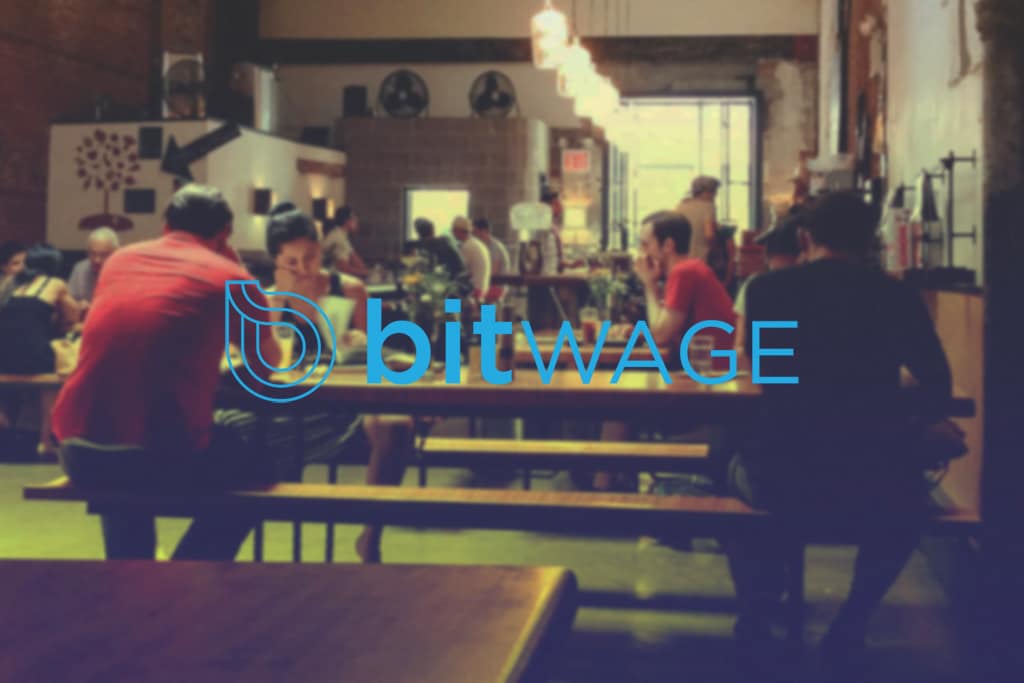
Thanks to entering in a new partnership, Bitwage will give more companies a possibility to pay their employees using crypto assets.
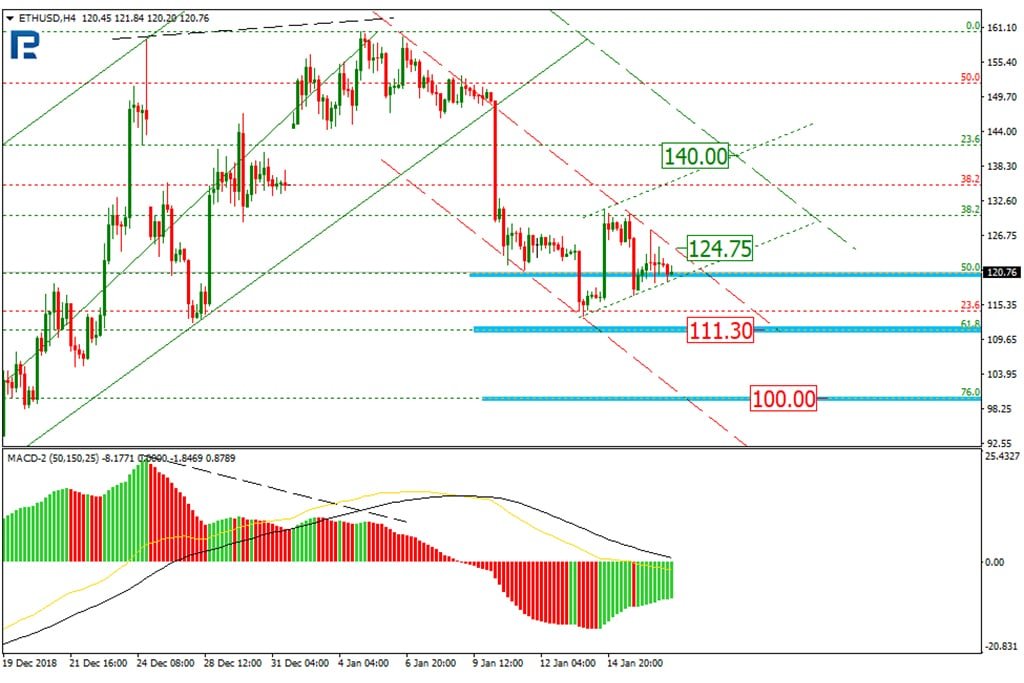
Ether went down on Jan 16 but is recovering today on Jan 17, trading around $122.24, reports Dmitriy Gurkovskiy, Chief Analyst at RoboForex.
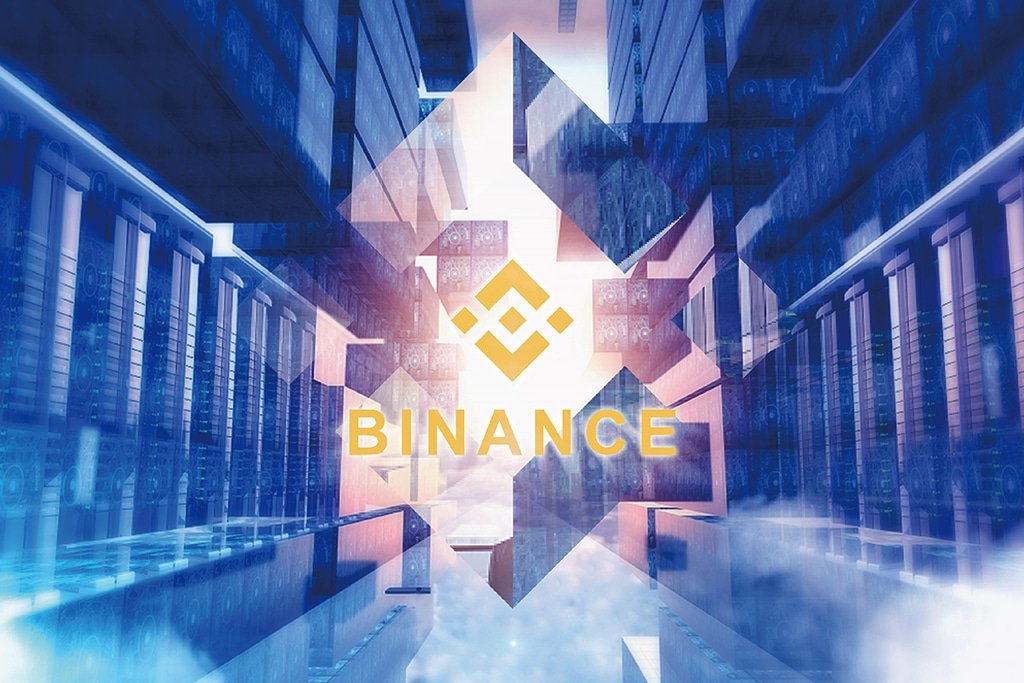
Only 24 hours after it launched, Binance CEO, Changpeng Zhao, has told customers that Binance Jersey has a massive backlog of KYC verifications and the company is bringing in extra resources to reduce it.
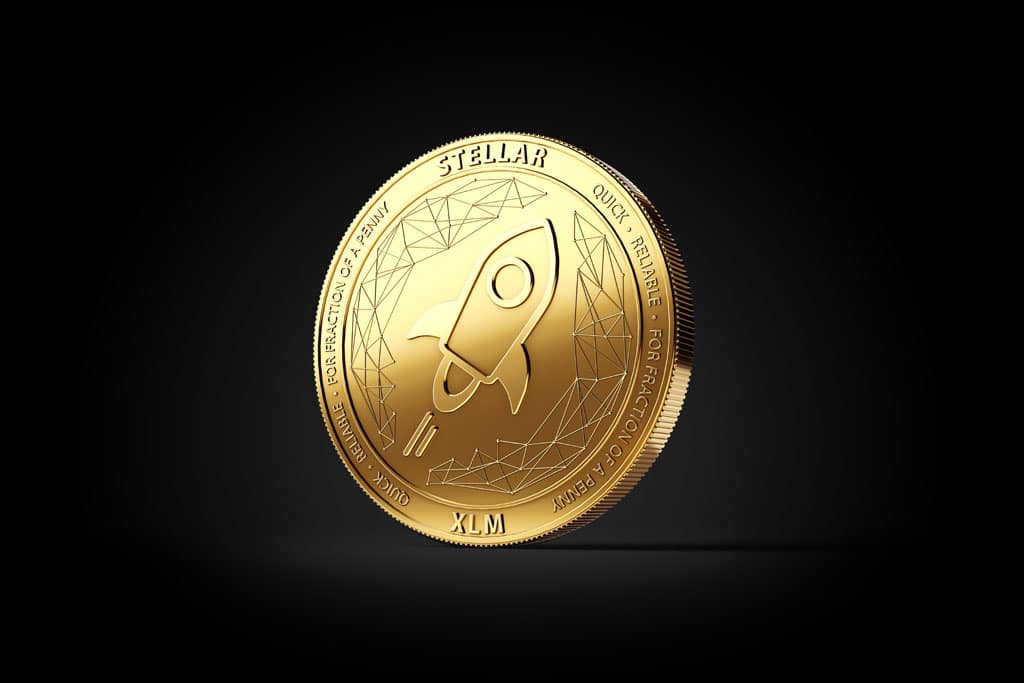
In case the bears exert more pressure on the Stellar price and the demand level of $0.10 does not hold the coin will fall and may have its support at $0.09 – $0.06.

WordPress is creating a new revenue-generating news platform called Newspack and has raised $2.2 million for its development.